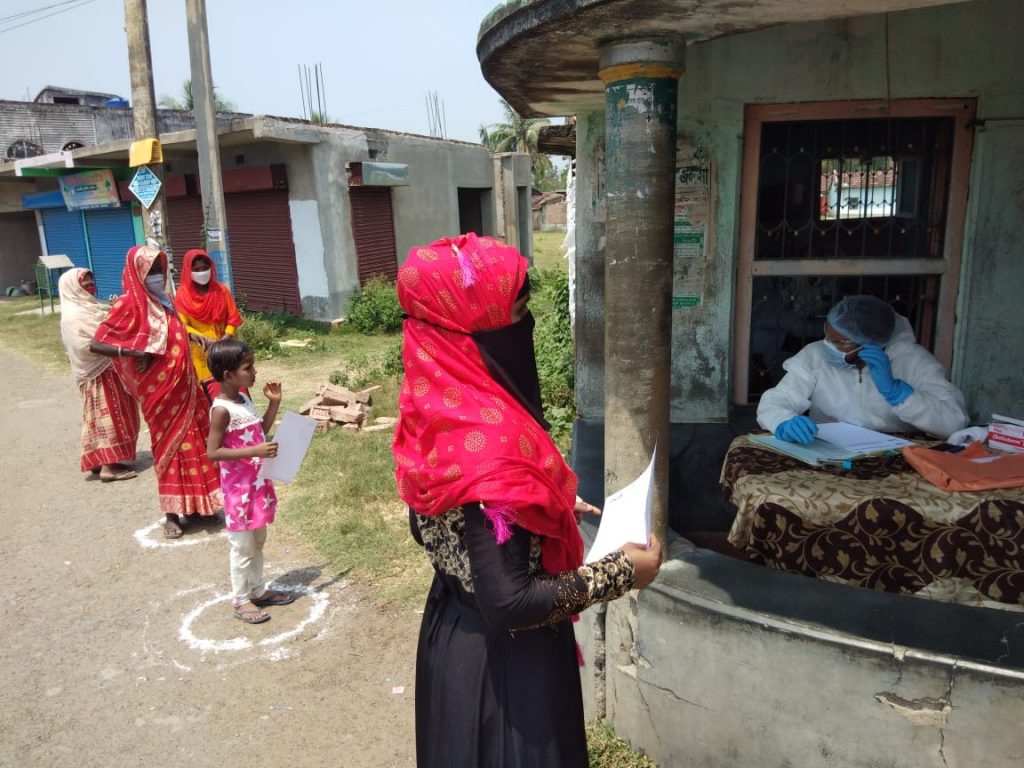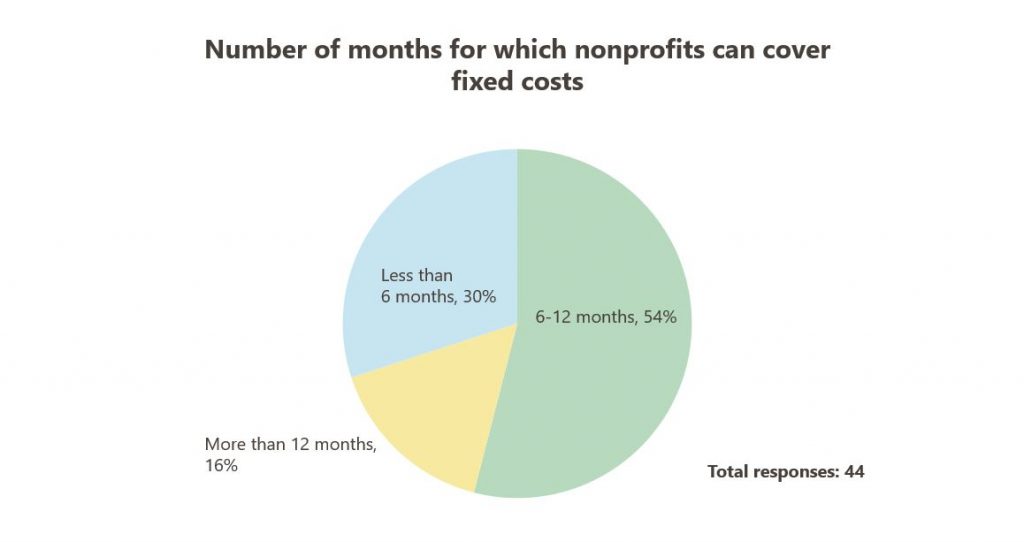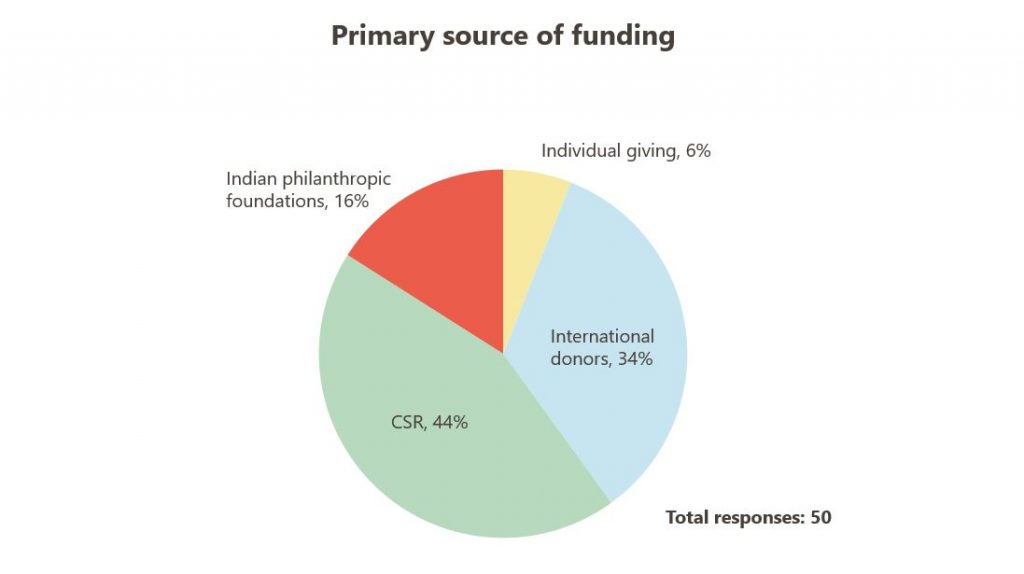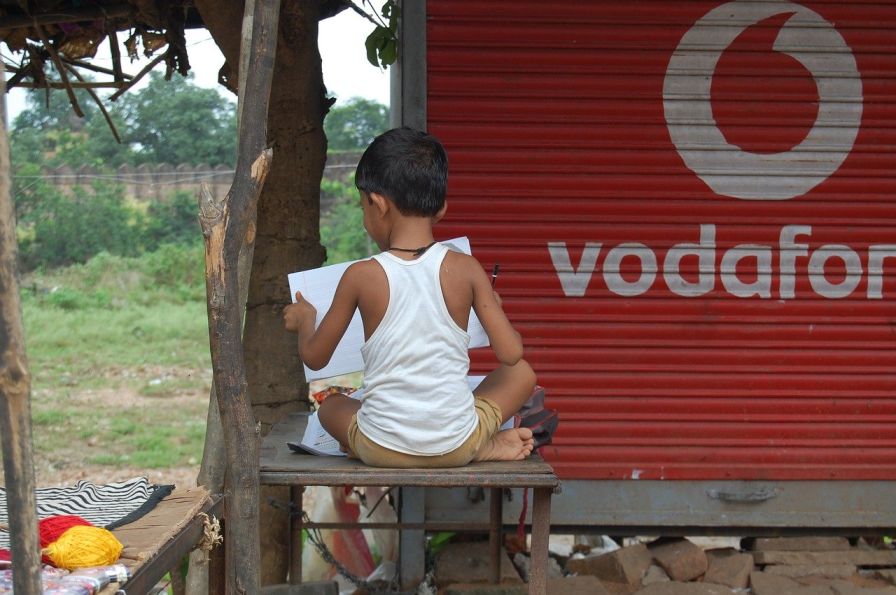When the world’s largest and strictest COVID-19 lockdown began on March 24, 2020, millions of India’s most vulnerable citizens were suddenly cut off from both their livelihoods and families. Almost immediately, thousands of nonprofit organisations in India mobilised to provide food, healthcare, information, cash transfers, and transportation to affected populations. But at the same time, these nonprofits have also been struggling with the pandemic’s effects on their own capacities and sustainability.
To understand how the pandemic has affected nonprofits and where they stand now, the Centre for Social Impact and Philanthropy (CSIP) at Ashoka University undertook a rapid response research project, conducting in-depth interviews with 50 leaders of nonprofits in April and May, 2020. The organisations surveyed work across the country, in different thematic areas. Their staff size ranges from less than 10 to more than 1,000 employees, and their annual operating budgets range from INR 10 lakh to INR 250 crore. This project will be followed by a more detailed investigation and analysis later in the year.
Here are some highlights from the report, ‘The Impact of COVID-19 on India’s Nonprofit Organisations’.
Most nonprofits have pivoted to provide relief
Seventy-six percent of the nonprofits surveyed are actively engaged in ongoing relief work, including last-mile delivery of relief materials such as dry ration and sanitation kits, community awareness and sensitisation, setting up health camps and isolation facilities, rescuing stranded labour, providing direct cash transfers, and offering rehabilitation of distressed communities.
However, only about 70 percent of the nonprofits engaged in relief work have received additional funding specific to COVID-19; the rest are using their programmatic funding to finance relief work.
Related article: How to ensure financial sustainability during COVID-19
Nonprofits have been impacted in multiple ways
The crisis has had an impact on the work and sustainability of the nonprofits surveyed. They can be broadly categorised into three areas:
Given that the typical sources of funding such as philanthropy and corporate social responsibility (CSR) are now flowing towards COVID-19 relief and healthcare-related work, there are concerns among nonprofits regarding the long-term sustainability of their programmes and organisations. This is discussed in more detail below.
Most organisations shared that they had been procrastinating on digital technology adoption in their operations and the sudden lockdown caught them completely unprepared. Due to the lack of digital skills within teams, many are struggling to work remotely. Nonprofits that had already introduced digital technology in their operations and programmes are finding it easier to cope.
Many nonprofits had to suspend their on-ground programmes temporarily and pivot to relief work, and there is fear that this disruption may undo years of efforts and progress, worsened by the funding setback. Short-term suspension of programmes may have a long-lasting impact, especially among marginalised and vulnerable communities.

Seventy-six percent of the nonprofits surveyed are actively engaged in ongoing relief work, including setting up health camps. | Picture courtesy: Mamoon Akhtar/Samaritan Help Mission
The pandemic will have long-term financial implications for nonprofits
When it comes to funding, most nonprofits surveyed are in a ‘wait and watch’ mode, noting that their funding typically comes in the third and fourth fiscal quarters, and that the actual disbursements thus far have been more or less in line with an average year. Therefore, most have not yet begun reworking their programmes or operations strategies. Here, large nonprofits (with projected budgets for FY 2020-21 above INR 50 crore) were exceptions—they have revised their budgets downward for the current financial year by as much as 25 percent, as they feel that their international funding will likely be impacted, considering the global nature of the pandemic.
A few nonprofits shared that they are encouraging their employees to pick up new skill sets, especially fundraising.
All organisations reported deferment of increments and new hiring. When asked for how long they could cover their current costs, only 16 percent of respondents said they had enough for more than a year. If additional funding does not come through for the rest, they said they would consider reducing programmes and staff, but will first focus on aggressively cutting down on overheads and non-essential expenses. A few nonprofits shared that they are encouraging their employees to pick up new skill sets, especially fundraising, while regular programmes have been suspended.

Source: Centre for Social Impact and Philanthropy
International funders have come through, while CSR has withdrawn
The financial concerns expressed by nonprofit leaders depended on whether they primarily rely on international funding, CSR, or Indian private philanthropy.

Source: Centre for Social Impact and Philanthropy
With most CSR funding being directed towards relief work, including the PM CARES Fund, and corporates experiencing financial pressure and stepping back from regular communications, respondents said they fear significant declines in financial support from this source in the near future. Nonprofits primarily reliant on CSR funding seem to be in the most vulnerable position.
Nonprofits relying primarily on international funders said that they have come through with rapid, flexible support.
In contrast, nonprofits relying primarily on international funders said that they have come through with rapid, flexible support. They shared that their international partners have proactively extended blanket approvals for use of their funding in a manner deemed fit by the nonprofits. A few have also offered to bring forward funding from subsequent years. However, these nonprofits also realise that this support may not continue in the long-term, given the global nature of the pandemic.
Nonprofits relying on Indian foundations and individual giving fell somewhere in between—most of their institutional partners had committed for long-term projects and they are confident that their partners will ensure continuity of support. They do however, expect a few delays in receiving funds, as most philanthropists are also contributing substantially towards relief work. The nonprofits appreciate that these types of donors are passionate about supporting response and relief efforts and are likely to remain committed to their issue areas, but they tend to have slow response times.
Looking ahead: What nonprofits and funders can do
Here are some good practices shared by nonprofits who are working to stay visible in the current crisis and relevant post-COVID-19:
- Communicate with funders on current requirements and implications for the medium- and long-term.
- Use social media to build and strengthen the narrative around the positive impact of nonprofits on society, and to connect with funders and partners.
- Diversify funding sources and seek long-term support to reduce the risks that come with short-term, project-based funding.
- Prepare and plan for a post-COVID-19 world, including creating updated strategies and operational priorities in line with the ‘new normal’.
- Embrace technology and join the digital revolution to enable remote work and digitising of service delivery without excluding marginalised communities.
- Strengthen networks of nonprofit leaders to leverage partnerships and build a cohesive voice, and to advocate for appropriate and effective support from government, CSR, foundations, and individual funders.
Related article: How to approach your funding during COVID-19
The ongoing crisis is also a time for philanthropists and other funders to consider how best to make their capital, capabilities, and networks work for the nonprofit sector. Here is our call to action to them:
- Encourage your partner nonprofits to speak freely and be transparent about available funding and priorities.
- Embrace flexible funding to help nonprofits traverse current challenges. They can use flexible funds as working capital, for capacity building, to rebuild their regular work, and to build resilience in the longer term.
- Extend timelines and commitments, and adjust expectations given the disruption in operations; work with nonprofits to revisit programme strategy and priorities.
- Invest in digital capacity and infrastructure, and co-create new ways of digitally delivering programmes without excluding marginalised communities.
- Increase investment in, and attention to, livelihoods creation and re-skilling at the grassroots level. With millions of former migrant labourers back in villages, new livelihood opportunities need to be created and economies of low-income communities rebuilt.
- Provide non-programmatic core institutional funding. Many nonprofits struggle to cover their overhead expenses, which may not be covered by programmatic grants and relief work donations. Funders should consider ways to support these administrative needs.
- Build capacities of nonprofits, especially in terms of fundraising, communications, and campaigning.
- Create a collaborative emergency corpus of Indian philanthropists that can offer blended finance options to support immediate disaster relief, post-disaster recovery, and building resilience in the long-term.
- Continue to support regular programmes, even though the COVID-19 crisis has demanded an ‘all hands on deck’ approach. It is critical to be mindful of the social problems that persist and may worsen during the crisis.
- Encourage nonprofits to build stronger, more agile, and responsive networks to ensure the social sector can shape the policies that affect it and the constituencies it serves. The philanthropic ecosystem should offer financial and non-financial support for such sector bodies.
—
Know more
- Explore the results of a survey with 500 social sector organisations in 93 countries to assess how the COVID-19 pandemic is affecting them, and how they are coping with it.
- Learn from this toolkit for nonprofits and funders on how to ensure institutional resilience and impact optimisation.
- Understand the different capacities that civil society organisations need to provide effective support to communities affected by COVID-19.
Do more
- Attend the launch of the report through the webinar hosted by Ashoka CSIP on June 17, 2020, where key findings will be presented, followed by a discussion with nonprofit leaders on investments needed to support community response, recovery, and resilience.
- If you are a nonprofit leader interested in participating in the next round of this research project, or have a related discussion, write to csip.covid19@ashoka.edu.in.




